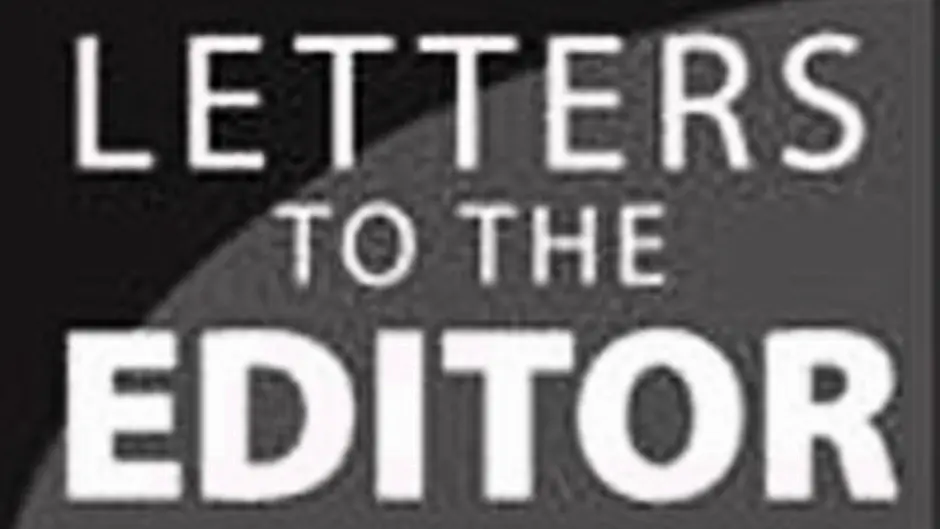SIR – The Auxiliaries received no mercy at the end of the Kilmichael ambush on November 28th, 1920.
SIR – The Auxiliaries received no mercy at the end of the Kilmichael ambush on November 28th, 1920. Even Tom Barry says this. Jack Hennessy, Ned Young and Jack O'Sullivan also mention it. It is not an issue.Â
The dispute is why the Auxiliaries were annihilated. Tom Barry said it was the result of a false surrender which caused IRA deaths. Various eyewitnesses, including Daniel Hourihan, mention the false surrender. Peter Hart who, it turns out had an undisclosed British Army and Ulster Unionist family background, claimed Barry's version of Kilmichael was ‘riddled with lies and evasions.'Â
Once, I thought highly of Hart's research. Now, I am convinced he ‘gilded the lily.'
Dr Morrison supports Hart. Her response to my last letter about Hourihan's participation at Kilmichael is even more disappointing. In 1935, he applied for a pension for active service in the War of Independence. As Dr Morrison knows, the 1934 definition of active service had ‘almost exclusively been interpreted as taking part in engagements with the British forces.'Â
In 1945 the High Court ruled the 1934 standard demanding ‘the firing of shots against the enemy or service of an outstanding nature' was too high. Hourihan would not have received a pension for ‘organising (IRA) billets' in 1920. It was not active service. Readers can check online files at the Military Service Pensions Collection to confirm this.
Eve Morrison dismisses Dan Hourihan's MSPC statement (p7) that he took part in ‘numerous attempts on military, RIC and Tans including one-eyed bridge, Fanlobbus, Kilmichael,' etc. She ignores the first 1938 IRA participants list which includes him; the Irish Press photograph where he is standing next to Ned Young; James ‘Spud' Murphy's 1957 BMH evidence and the 1995 Wild Heather Glen biographical account which states he attended Kilmichael anniversaries until his death in 1974. Instead she claims,
‘… in March 1941, the pension board concluded that his “fighting service†began in the 7th period (April 1st to July 11th, 1921).' In their August 1942 response, Paddy O'Brien and other members of the local brigade committee confirmed Hourihan's armed involvement with the flying column from January 1921, and no earlier.'
If you only took the pieces of evidence Dr Morrison presents, you can reach the conclusion she has. However, there are difficulties.Â
First, Dr Morrison might quote where Dan Hourihan says categorically in the MSPC that he did not fight at Kilmichael. Second, she might quote where anyone else says this. Pages 30-31 show he was granted a pension under the 1934 ‘shooting' rules. He received two-thirds of a year for the 6th period (April 1920 to March 1921).Â
In 1937, he appealed for additional service (p46) in the 6th period and the 8th (late 1921 to June 30th, 1922). In March 1941, the MSPC referee states that Hourihan's military service ‘would appear to have begun about the 7th period' (p46). This is a lot less certain than Dr Morrison's claim, yet he still grants half a year pension entitlement for 1920. That is, he reduced the two-third year award from July 1920 to September.Â
After this, in 1942, he specifically asks Paddy O'Brien and his colleagues (p49) ‘if it is to be understood that this applicant had no other actual armed engagement from January 1921 to July 11th, 1921'. They reply to that specific question on page 51. Why would they comment on 1920?Â
Finally, on 9/11/1942 the referee grants a pension of 5 and 1/11 years' service starting in the 6th period, which includes Kilmichael (p60).
Dr Morrison might also explain why Liam Deasy's Towards Ireland Free, edited by Fr John Chisolm, states (p172 in the 1973 edition) that after Pat Deasy had been taken to Buttimer's, where he died at 10pm on November 28th, ‘Dan Hourihane, went ahead to make final arrangements for billeting the men. He made good time and… had everything in order' when the rest of the column reached Granure at 11pm that night. If he was in Granure already, as Dr Morrison claims, why did he need to make good time to get there?
These controversies only add confusion to a simple story. Dr Morrison is entitled to flag difficulties in Hourihan's 1973 interview with Meda Ryan. However, is she entitled to say Dan Hourihan did not fight at Kilmichael?Â
The evidence does not point in that direction, but as always, the reader can decide for themselves.
Barry Keane,
Glendalough Park,
The Lough,Â
Cork.
(Editor's Note: As all the parties involved have had their say, the correspondence on this matter is now closed)








